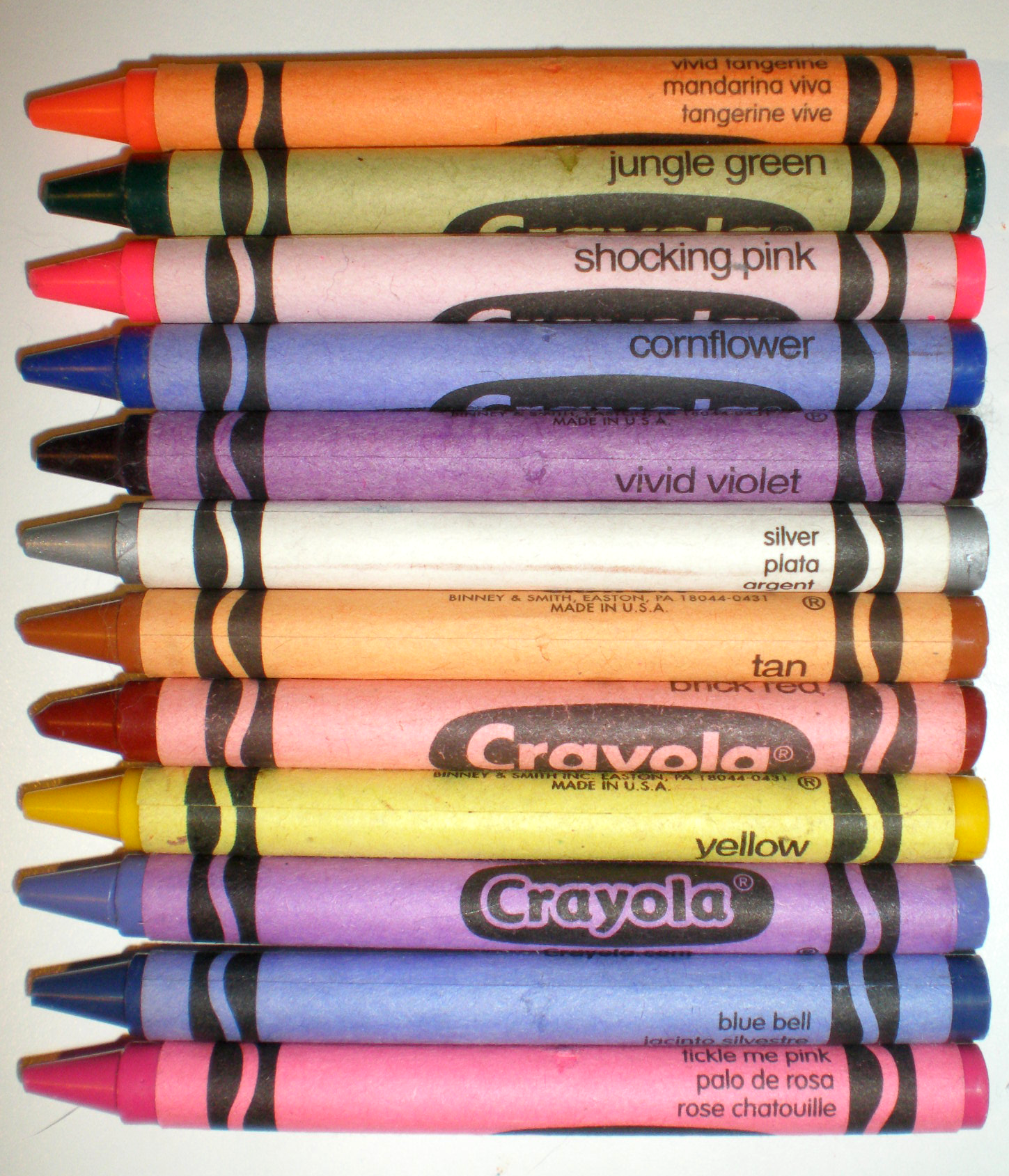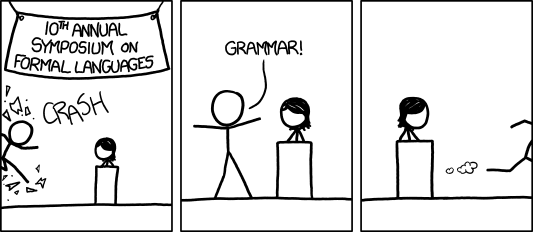Handsome devil, isn't he? Look at that hair!
I'm re-re-re-reading (probably a couple more re's in there) The Marriage of Cadmus and Harmony. If I think about it, that book, next to Dale Pendell's Phamako/Poeia, is one of the most influential books on my life and way of thinking.
Sidebar: Scott's Honest List of Books that Influenced His Thoughts and Actions For Better or Worse
(in no particular order)
1. Dale Pendell - Pharmako/Poeia (introduced me to most of the drugs I have known and loved)
2. Roberto Calasso - The Marriage of Cadmus and Harmony (the past is not gone; in fact, it isn't even past)
3. Robert Anton Wilson - Prometheus Rising (what's your octave?)
4. J.R.R. Tolkien - The Lord of the Rings (heroism, sacrifice, romance, and other bad habits)
5. Hans Kung - On Being a Christian (introduced me to the process of thesis/antithesis/synthesis)
6. Idries Shah - Learning How to Learn (and others. Education in the care and maintenance of one's brain)
7. Mark Helprin - Winter's Tale (New York is a beautiful, magical place)
8. John Crowley - Little, Big (what makes us happy, makes us wise)
Anyway, The Marriage of Cadmus and Harmony. Just got to the part where they talk about the hoax of Glycon the Snake God and Alexander the Charlatan. I remembered something about Alan Moore worshiping a snake headed deity. Being, in my most basic mental form, a literalist, and subsequently a skeptic (since I'm so gullible, I've developed a defensive reaction formation that makes sure I won't get fooled again, which of course means that I am sometimes too skeptical, and miss what's in front of me, which prompts me to try to be more open and accepting, which means I get fooled, etc. ad infinitum), I was delighted to think that I'd found a hole in my hero's belief system. His god wasn't real!
But of course Moore knew that his "god" was a hoax. In fact, having a god you know is a hoax is the best possible scenario, because if He gets out of line, and you need to put Him on ice for a bit, you can, because he isn't "real." The Catholics have it right on this one. Here's Moore on his snake-god:
When it comes to my spiritual beliefs that’s perhaps why I worship a second century human headed snake god called Glycon, who was exposed as a ventriloquist’s dummy nearly 2000 years ago. Famed throughout the Roman Empire, Glycon was the creation of an entrepreneur known as Alexander the false prophet, which is a terrible name to go into business under.”
A live, tame boa constrictor provided the puppet’s body, while its artificial head had heavy-lidded eyes and long blond hair. In many ways Glycon looked a bit like Paris Hilton, but perhaps more likeable and more biologically credible.
Looks aside, I’m interested in the snake god purely as a symbol, indeed one of humanity’s oldest symbols, which can stand for wisdom, for healing, or, according to etho-botanist Jeremy Narby, for our spiralling and snake-like DNA itself.
But I’m also interested in having a god who is demonstrably a ventriloquist’s dummy. After all, isn’t this the way we use most of our deities. We can look through our various sacred books and by choosing one ambiguous passage or one interpretation over another we can pretty much get our gods to justify our own current agendas. We can make them say what we want them to say.
The big advantage of worshiping an actual glove puppet of course is that if things start to get unruly or out of hand you can always put them back in the box. And you know, it doesn’t matter if they don’t want to go back in the box, they have to go back in the box.
Anyway, thank you very much for listening and from both me and Glycon, a very happy new year to you all.
God needs to chill out most of the time, anyway.


